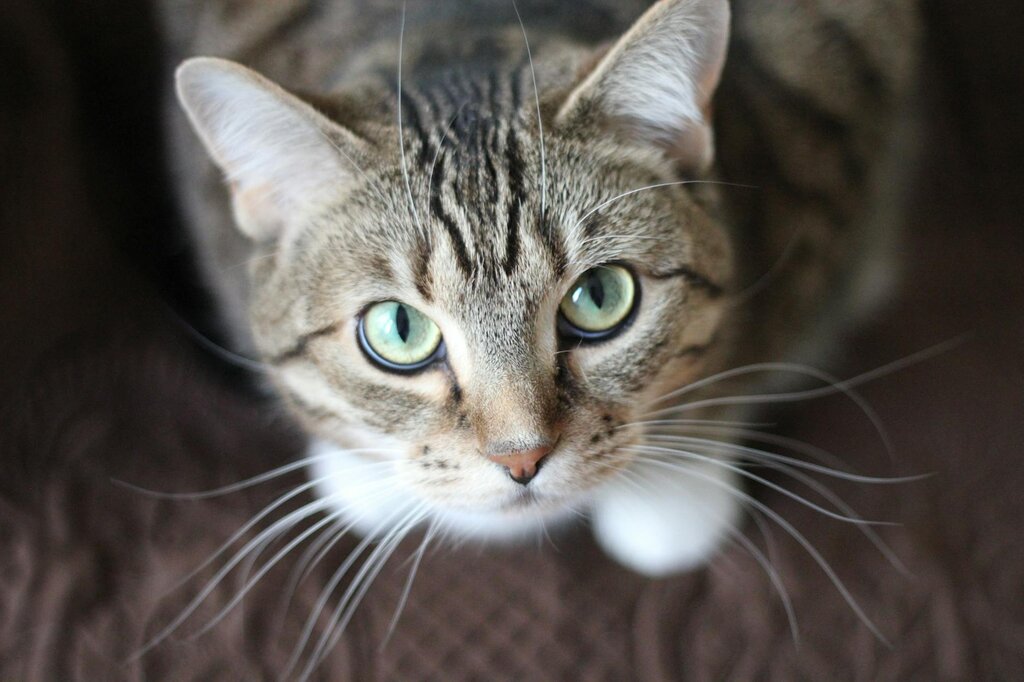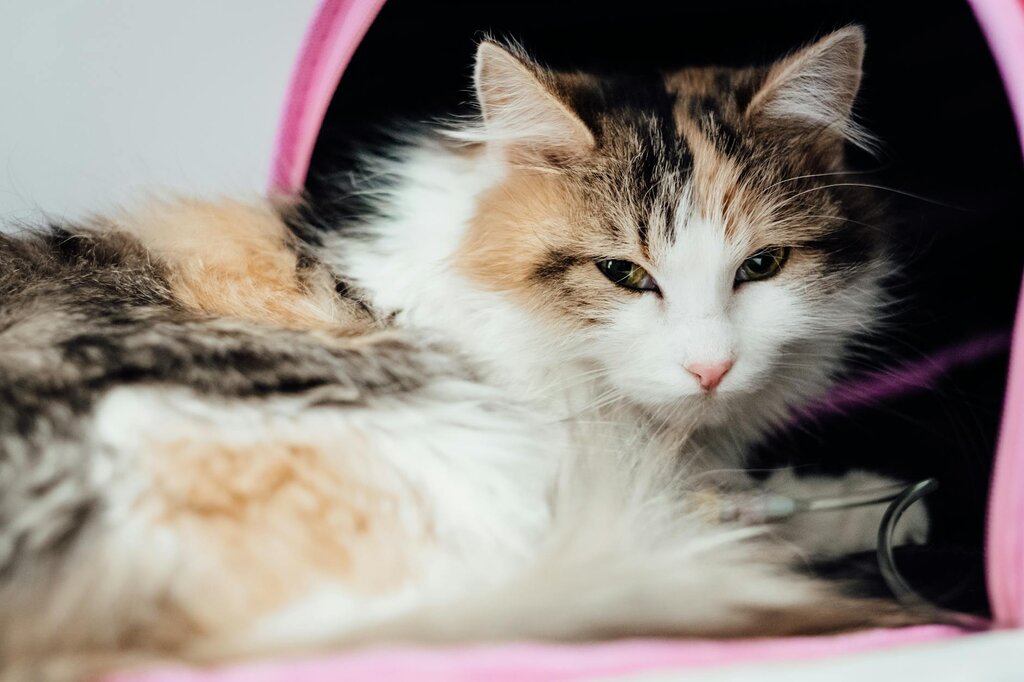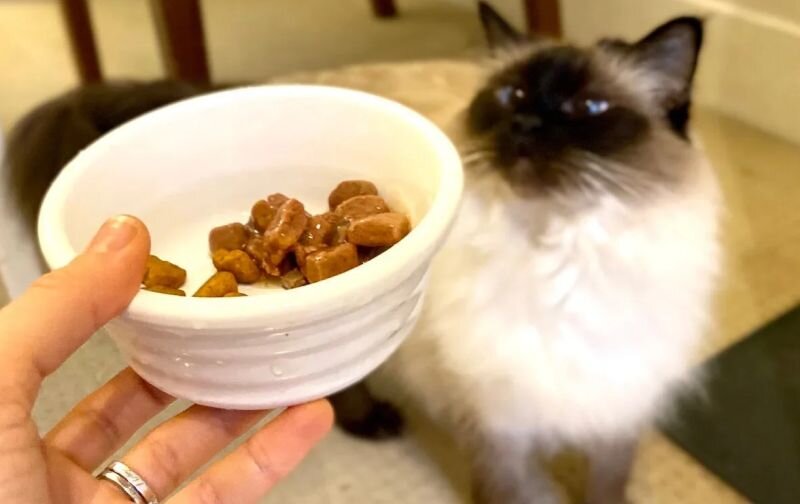Last Updated: 28/03/2025
Constipation in Cats
Interested in knowing more about constipation in cats? Take a look at the causes and solutions.
Author: Dr Carla Paszkowski BVSc (Hons)
Reading Time: 13 minutes - short read
Your furry friend might seem like they're always on the go, but sometimes, even the most energetic cats can get backed up. Constipation in cats is a common issue, especially as they age. It's not just uncomfortable for your kitty; it can also lead to more serious problems.
Constipation is a condition where a person or animal has difficulty passing stools, often resulting in infrequent, hard, or dry bowel movements.In severe cases, constipation can cause a blockage in the intestines, leading to a condition called megacolon. This can be a painful and dangerous situation.
To keep your cat happy and healthy, it's important to recognize the signs of constipation and seek veterinary advice if you suspect something's amiss.
Causes of constipation in cats

Dehydration - this is the most common contributor. Dehydration can be caused by decreased water intake if your cat isn't drinking enough water, or increased water loss such as from kidney disease, vomiting, diarrhoea, or medication causing increased urination.
Hairballs - common in long-haired cats. While many hairballs are regurgitated, or 'coughed up', some hairballs may pass through the intestines and cause an uncomfortable blockage in the colon. Read more about how to manage Hairballs in Cats.
Ingestion of foreign bodies - if your cat may have ingested something they shouldn't have, it could cause constipation. This is a medical emergency.
Orthopaedic issues such as arthritis or pelvic injuries - if your kitty finds it painful to assume the 'pooping position', they may be holding on for longer than they should. This can lead to dehydrated stools that become difficult to pass.
Neurologic disorders - If there is a problem with the nerves connecting to the smooth muscle of the colon, the colon can become limp and create a megacolon. This can occur with a spinal cord injury, for instance during a car accident, or in an animal with intervertebral disc disease (IVDD - commonly seen in Dachshunds). Certain medications, such as opioids, can also cause the nerves or smooth muscle to become inactive.
Genetic problems - for example, Manx cats can suffer from congenital spinal cord deformities.
Medications - some drugs can slow the motility of the gastrointestinal tract. These include opioids, anticholinergics, or sucralfate
Stress or behavioural reasons - such as a change in environment, a new animal in the household, or any problems with the litter box
Megacolon - this is a condition where the colon dilates, enlarges, and becomes immotile. It may be secondary to chronic dry faecal bulk, or it may have no known cause. Read more about Megacolon in Cats.
Tumours of the intestinal tract, colon, anal glands, or associated area.
How is constipation diagnosed in cats?

Your vet will be able to diagnose constipation fairly easily with an abdominal palpation, rectal exam, and usually xrays. Xrays will allow your vet to observe the extent of bulky faecal impaction, and whether any distension or gas buildup is present. Xrays can also help rule out urinary obstruction.
Your kitty may also require blood and urine tests to investigate other issues such as urinary or kidney disease. If a tumour or other soft tissue abnormality is suspected, an ultrasound may be required.
How to Treat Constipation in Cats

In cases of mild acute constipation, your cat may respond to a warm water enema or a liquid rectal medication without anaesthesia. However, in cases of severe constipation or megacolon, your cat may require a full enema under general anaesthesia. Either of these will need to be performed at your veterinary clinic.
In the long term, there are plenty of changes you can make at home to prevent the recurrence of constipation. These include:
Essential products to aid in constipation management
Constipation in cats can be a frustrating issue to deal with, but there are plenty of ways to remedy the situation at home. By taking some time to address the underlying causes, you can help to prevent them from recurring and keep everyone happy!
Further Reading
Check out our other vet-written articles below, or take a look at our Vet Tips Page for many more topics and guides!
History
Our experts continually monitor the health and wellness space and we update our articles when new information becomes available.
Jun 12 2023
Written by Dr Carla Paszkowski BVSc (Hons)Dr Carla Paszkowski BVSc (Hons)
Veterinarian
Dr. Carla graduated from the University of Queensland in 2013 with a Bachelor of Veterinary Science and worked for a number of years in small animal clinics across South East Queensland. While Carla enjoys most facets of clinical veterinary work, she holds a special passion for feline medicine, pocket pets, and nutrition.

